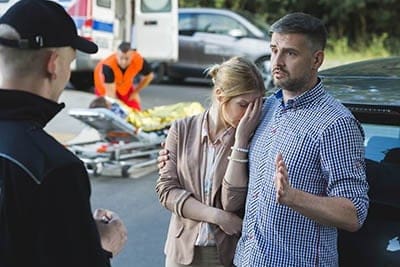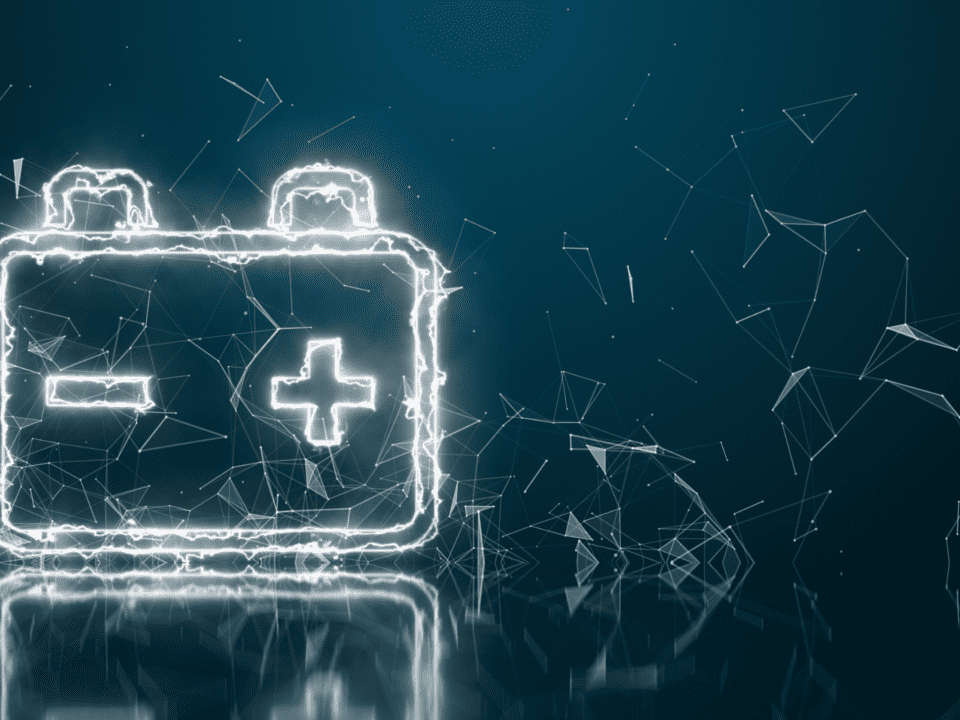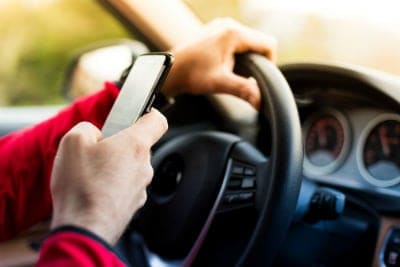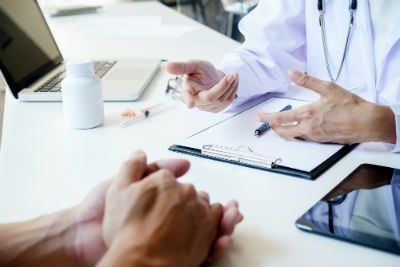 There is a vehicle collision in South Carolina every five minutes or so, with injuries occurring about once every ten minutes and a collision fatality occurring about twice a day, according to the SC Department of Public Safety.
There is a vehicle collision in South Carolina every five minutes or so, with injuries occurring about once every ten minutes and a collision fatality occurring about twice a day, according to the SC Department of Public Safety.
Do you know what to do if you witness a car wreck in South Carolina?
We have a few tips to help you know how to stay safe, assist the people involved, and if needed, provide evidence for the victim’s eventual car insurance claim against the at-fault party.
These suggestions do not reflect any letter of the law but are rather meant to act as helpful suggestions. Every car wreck is different, so no guidelines can really be one-size-fits-all.
If you have questions that pertain to a specific incident, please feel free to give us a call at (803) 779-7599 or contact us online to request a free consultation.
What should you do if you witness a car accident in South Carolina?
First: Don’t Panic.
Vehicle collisions can be nerve-wracking even when there are no injuries. If you witness a vehicle collision or even a single-car crash, please try to remain calm.
Pull your car over, safely out of the road, and turn on your flashing hazard lights. If you have traffic flags or flares in your vehicle, get them out to help make sure upcoming traffic is aware of a potential obstruction in the road.
Check to make sure there is plenty of room for first responders to park and assess the situation as best you can. Did the vehicles suffer serious damage? If so, what parts of the car? Does it look like any of the drivers or occupants of the vehicles may be seriously injured? Is it safe for you to provide direct assistance, or do you risk injury yourself?
Call 911 and let the dispatcher know about the car wreck, especially if you believe serious injuries were involved.
Let them know if you smell gasoline or see flames, as this is essential information for first responders. They will alert the police, as well as sending first responders like fire trucks and ambulances if needed. Avoid broken glass and watch for any cars that may be swerving dangerously in an attempt to avoid the wreck.
If you witness a hit-and-run car wreck (in which a vehicle hits a pedestrian or another car and then speeds away), do not attempt to chase the fleeing driver.
Instead, see if you can capture their license plate number, the make, model, and color of the vehicle, or even a physical description of the person behind the wheel. Let first responders and police officers know any and all information about the hit-and-run, especially if you were able to get any information to help locate the fleeing driver.
Don’t Assume Someone Else Already Called the Cops.
People have an unfortunate tendency to assume that someone else has probably already alerted 911 when they come up a collision.
Remember — the collision itself will be incredibly jarring for the individuals involved, especially if they are injured, and they may not have the ability to call for help right away.
It’s better to be cautious and call 911 yourself. Even if someone else has already called, you may be able to provide further information or more details that the police officers or EMTs find helpful.
Provide Cautious, Safe Assistance.
In some cases, it will not be safe for you to approach the vehicle to offer direct assistance, or the individuals in the vehicles may be too severely injured to be safely removed from the car.
If the accident was not severe and the individuals involved are able to get out of the vehicle, offer to sit with them. Ask if they need a blanket if you have one on-hand, or a sweater.
If they give consent, you may be able to record them describing the events of the wreck with your mobile phone, or phone their loved ones or family members on their behalf to let them know what happened.
Car wrecks can often turn into a muddle of quick events and worry, so it can be a deep comfort for those who have been injured in a wreck to know their family members are aware and on their way to provide assistance or meet them at the hospital.
Give a Statement to the Police.
If you witnessed a car wreck in progress, or even if you simply came upon it shortly after it occurred, the police may ask you to provide a statement.
Try to give calm, clear details about the events as you witnessed them, and avoid speculating and talking about what might have happened if you’re not sure. The police will probably ask you to give your name, phone number, and address, and may contact you again for further details or clarification later on or even to act as a legal witness.
Don’t be afraid to say, “I don’t know” or “I don’t remember”.
The police are more interested in using accurate details to build a clear picture of how events transpired, and it’s okay if you can’t remember certain things or you didn’t see them.
Write It All Down As Soon As Possible.
When you have a moment, take time to write down your recollection of the vehicle collision. In the hours and days after an event like a car wreck, it’s not uncommon for witnesses to realize they are already forgetting details of the event.
Be sure to make note of any specific details, exact times, or anything at all you can recall.
You may find that further details come back to you once you’re out of the actual scene of the collision, or you may find it helps you to not forget these important details as time goes by.
If you do remember any information that you did not previously provide to the police, contact the police department and let them know you have new details to add to your statement.
Seek a Consultation With Legal Representation.
As a witness to a car wreck in South Carolina, you may be asked to act as a legal witness if the victim’s car insurance claim is contested or if the parties involved end up in a court of law.
If so, you may find it beneficial to speak with legal representation beforehand, so you have a clear understanding of what may be expected of you in the future.
Bluestein Attorneys has experience in the area of automobile accidents, hit-and-runs, wrecks involving tractor trailers, and more. Give us a call at (803) 779-7599 or contact us online to request a free consultation today.




